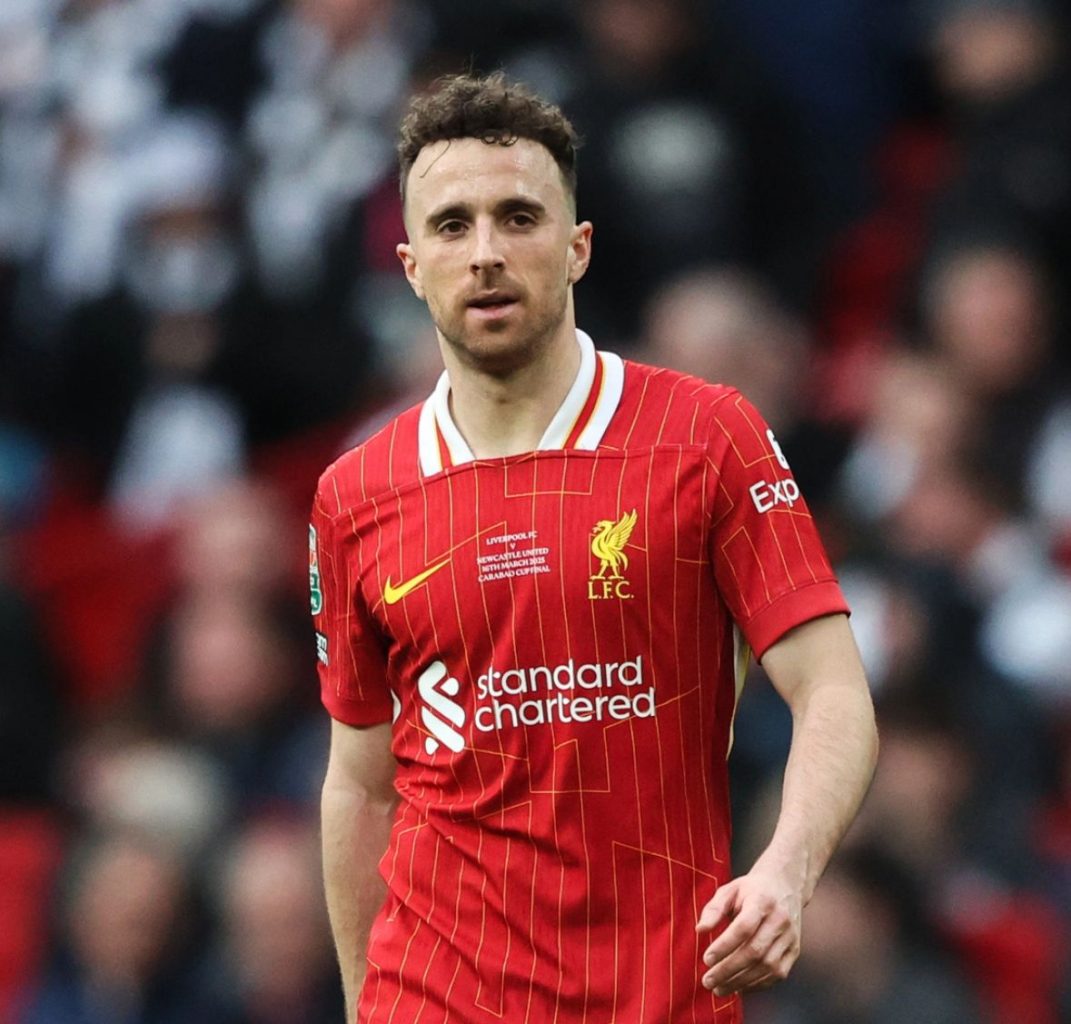A release clause is increasingly becoming a necessity in the world of football. Overprice a player and force the clubs to pay it to get a big profit. Seems pretty easy right? Well, it is, but only if you know how it is different from a buyout clause.
A release clause and a buyout clause are similar in that they both involve a specific transfer fee that a team must pay in order to buy out a player’s contract and secure their services.
The main difference between the two is in who pays.
A release clause, simply put, is a stipulation in a player’s contract which automatically requires a club to accept an offer of a pre-determined amount set by the buying club. If the minimum amount is triggered, the player is indeed allowed to speak to another club.
A buyout clause, on the other hand, is the valuation that a club has of a player. If an offer equal to the buyout clause is met by a purchasing club, the selling club must accept the offer and the player may move. The key difference here is that under Spanish law, it is not the purchasing club that makes the payment, but the player himself. It is this small detail that creates a lot of the complications and technicalities involved in triggering a buy-out clause.
Another difference here is this – a buyout clause means that the club has to pay the full amount in one financial year. Even if they divide the payment over time, it counts as paid in full in one year. This means problems with FFP rules.
A release clause can be paid over different financial years. This means good things with FFP rules.
This distinction is proving to be very problematic for Chelsea.
Enzo Fernandez well and truly announced himself to the footballing world during this World Cup, winning the Young Player of the Tournament. One of the clubs who have been keeping a keen eye on the player since then is Chelsea.
The young midfielder currently plays for Benfica, and according to Fabrizio Romano, the release clause Benfica have placed in his contract is €120 million. Any club that wants the player will have to pay for that.
Sky Sports News, like Fabrizio, noted that the player has a release clause of €120m, which would make the Argentine midfielder the Premier League’s most expensive signing.
But Sky Sports News have also been told Chelsea are not prepared to pay his release clause in full and instead wants to pay it in instalments. If they can do a deal in instalments, they are prepared to pay more than the release clause to get the deal done as quickly as possible.
However, Benfica denied that. This must mean that it could probably not be a release clause, but a buyout clause.
Only if they pay the 120M in full, at once, will Benfica part with the player.
And Chelsea, with their preposterous spending, cannot afford that. It is also possible that it is in fact a release clause, as noted by the majority of the sources, but that Chelsea are reconsidering if the player is worth the incredibly high price.
Additionally, to amortize the payment over the course of years, Enzo would need to sign a long enough contract that will allow them to spread the money equally, as Mudryk did with the 7-year contract.
This has caused panic and confusion in the Blues fanbase. They need the player, and they know that if they don’t secure him, someone else will swoop in.
They, alongside the most reputed sources it seems, are not sure if this is a buyout clause or a release clause.
Benfica are obviously not interested in losing Fernandez. Benfica boss Roger Schmidt has revealed that he is ‘confident’ that Enzo will remain his player beyond the January transfer deadline despite reported interest from Chelsea once more.
Earlier in the transfer window, Schmidt slammed the Blues for negotiating for the player in bad faith after suggesting that they may pay the €120m release clause set into Fernandez’s contract before offering a fee far lower and over a longer period, with their final offer coming in at €85m for the World Cup winner.
Now, Schmidt cannot see a way for a deal to go ahead.
“I’m confident on Enzo staying with us, yes. I see him very happy, in great condition”, he told the media.
With contracts and FFP getting more complicated as time goes by and little differences like a “buyout” and “release” clauses being interested, there will come a point when the bubble will burst. But until then, it is a football agent’s world and we’re all just living in it.



